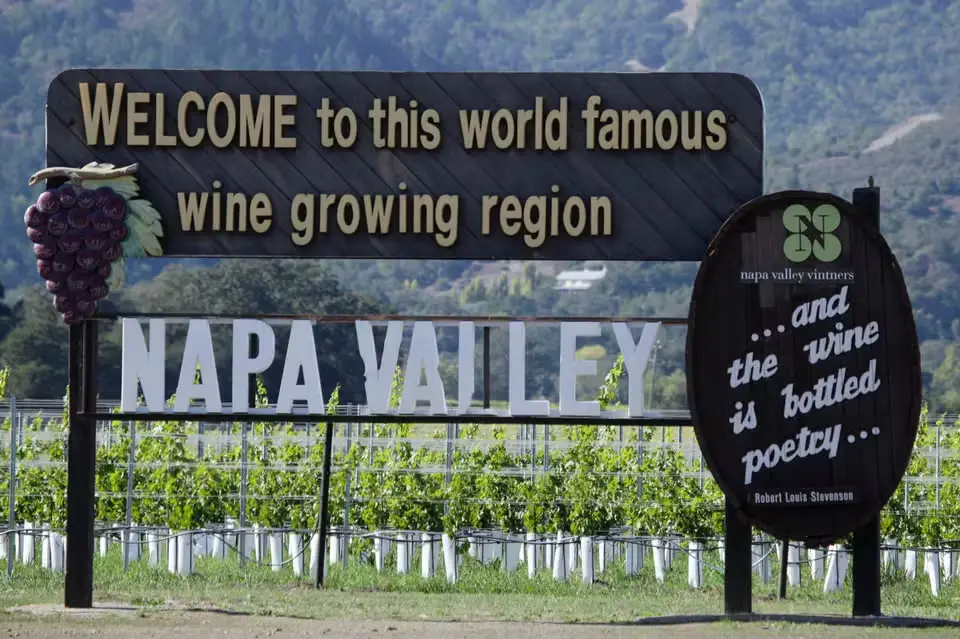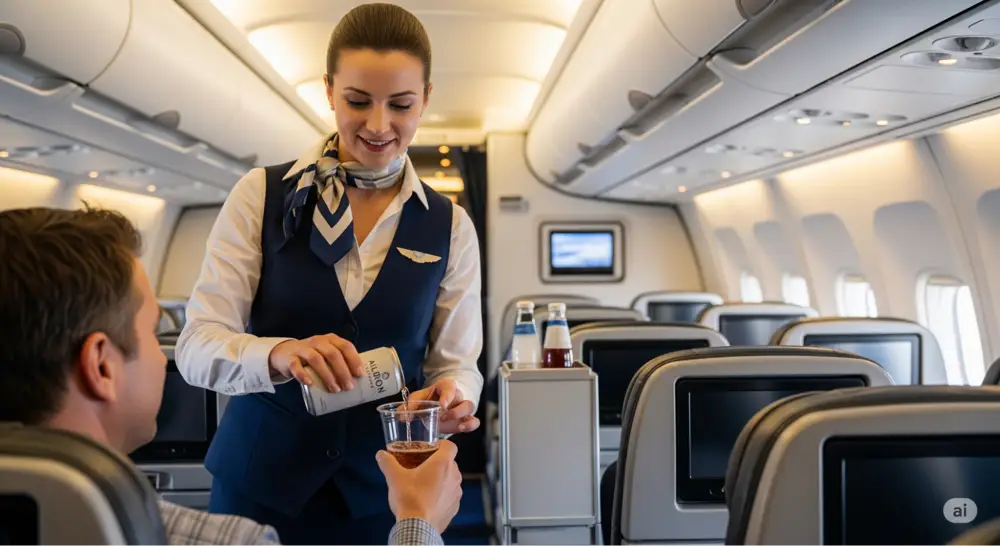How To Become a Wine Expert - Part 2
In the second part of our "Becoming a Wine Expert" guide, we will explore Master Level programs and accessible study options. Some educational bodies are only suited for senior wine experts, as others are accessable for all wine lovers.
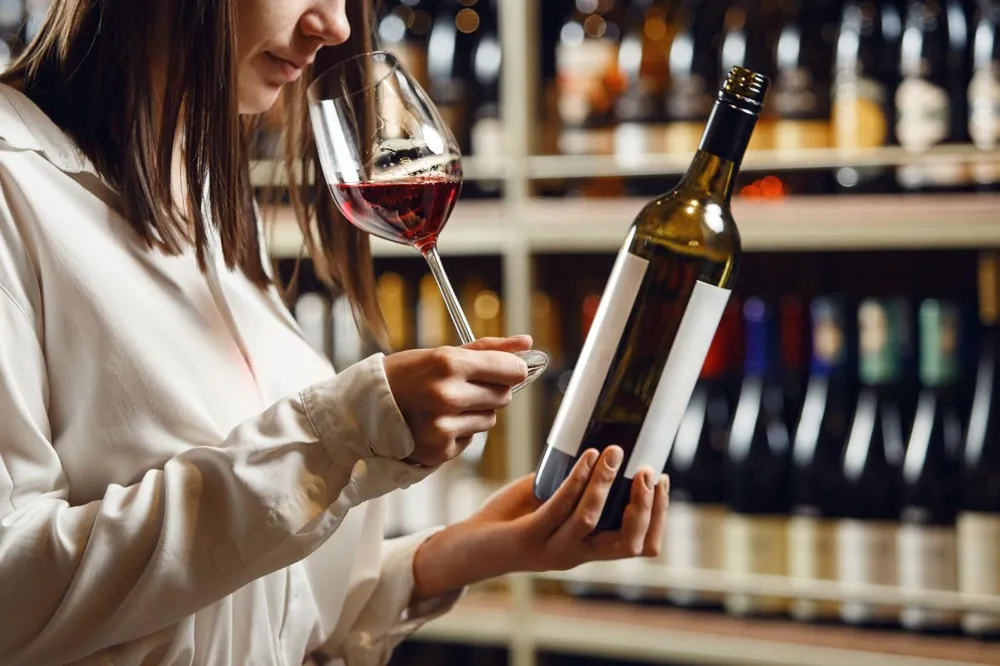
The Court of Master Sommeliers
The Court of Master Sommeliers (CMS), another esteemed British institution, was founded in 1977 with the goal of enhancing the service provided by sommeliers. In contrast to the WSET's written exams, the CMS conducts its assessments verbally, simulating a restaurant environment, culminating in the prestigious Master Sommelier Diploma. To date, only 269 individuals have attained this final certification. The record for the most people achieving the title in a single year is 16 in 2005, while notably, no one passed in 1983.
Despite the challenging nature of the CMS program, introductory courses are accessible to all enthusiasts looking to improve their wine-serving skills.
Currently, CMS is undergoing a rebranding and image transformation. In a significant move, the American arm of CMS recently eliminated the terms ‘New World' and ‘Old World' from their official lexicon, reflecting a shift in their approach and perspective on wine education.
Master of Wine
The title of Master of Wine (MW) represents one of the most challenging and respected accolades in the wine industry. Administered by the Institute of Masters of Wine (IMW), the annual exams for this title are notably rigorous, comprising 13 essays and three series of blind tastings, each involving 12 wines of varying styles. It concludes with completing a research paper of the candidates choice.
The IMW traces its origins to the collaboration between the Wine and Spirit Association and the Vintners' Company. The Vintners' Company, one of the twelve great City of London livery companies, received its first Charter in 1363. Recognizing the need to elevate the standards of education in the British wine trade post-World War II, these institutions conducted the first MW exam in 1953.
Today, the IMW consists of 416 MWs from 31 different countries, encompassing a diverse range of backgrounds. The path to becoming a Master of Wine is undeniably demanding. As such, only senior wine professionals with substantial experience in the field are eligible to apply for the study program. This stringent requirement ensures that candidates possess the requisite depth of knowledge and expertise to undertake this prestigious qualification.
Many members of the VinoVoss Wine Team are either currently Master of Wine Students or have been in the past. Combined to our diverse backgrounds, it gives us an incredible understanding of the wine industry, which we put in good use on VinoVoss!

Not Ready to Dive Deep? Explore Fun and Free Wine Education Options
For those who love wine but aren't ready to commit to an extensive education program, there are enjoyable and informative wine schools available. Many wine bodies offer interactive games and educational content on their websites, often for free. These resources are designed to connect wine enthusiasts with various wine regions in an engaging way.
One notable example is the Professional Office of Champagne (CIVB), which has introduced their online platform, Champagne Campus. Here, users can take a short quiz and receive personalized recommendations based on their responses. This fun and interactive approach is a great way to learn more about Champagne without the commitment of a formal course. You can explore Champagne Campus at Champagne Campus.
For those seeking something a bit more exotic, the free Education Programme offered by Wines of South Africa is an excellent choice. Developed by the renowned wine expert Cathy Marston, a ‘WSET Educator of the Year', this program comprises six modules covering the entirety of the South African wine industry. The course is designed to be completed in just a few hours, making it a convenient option for those with limited time.
Best of all, upon completion, participants receive an official certificate, adding a tangible reward to their learning experience. Interested individuals can sign up for the course at Wines of South Africa.
These options are perfect for wine lovers looking to expand their knowledge in a fun, accessible way, without the pressure of exams or rigorous study schedules.
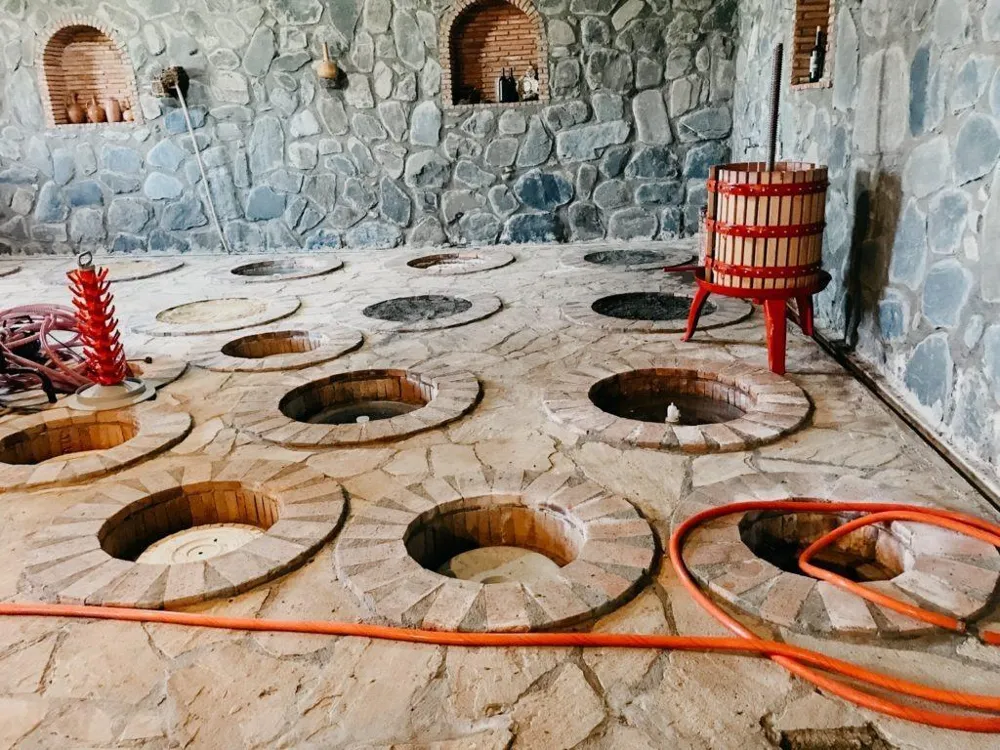
The Best Way to Learn: Travel the World and Talk to Winemakers
One of the most enriching and enjoyable ways to learn about wine is through travel. Embracing the concept of lifelong learning, traveling to different wine regions and engaging directly with winemakers can be an exhilarating experience, especially when paired with a wine tasting.
When planning to visit a winery, it's advisable to schedule an appointment one or two weeks in advance. While some wineries offer tours that don't require advanced booking, checking the winery's website beforehand is generally a good practice. During your visit, you'll have the opportunity to unlock the secrets of the cellar doors and explore the winery with an experienced guide.
A prime example of a must-visit winery is Pommery in Champagne. The journey begins as you enter the grand Maison and walk through its impressive hall. Beyond the large doors lies a cellar approximately 30 meters deep, where you can discover rare vintages and the winery's artistic expressions. The experience culminates with the chance to relax on a couch while enjoying a glass of Champagne.
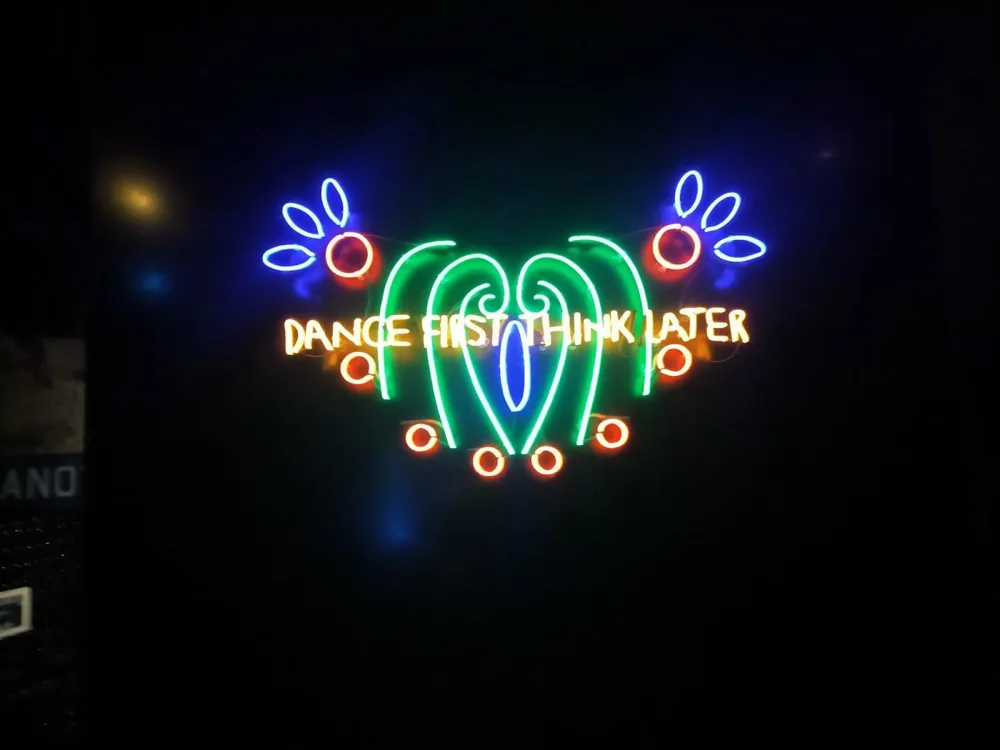
For those who prefer not to visit a winery directly, there are various tours that explore the vineyards and the wider region. Some regions have annual open-door events where you can sample wines at stands, participate in wine parties, and exchange thoughts with other wine enthusiasts. These events offer a unique way to immerse yourself in the local wine culture and connect with fellow wine lovers.
There are many different ways to study and learn about wine. Depending on your time, investment, or approach, combining wine education with travel can be a great cultural experience. This fusion can positively impact and enhance your international cultural experiences.
Peter Douglas
